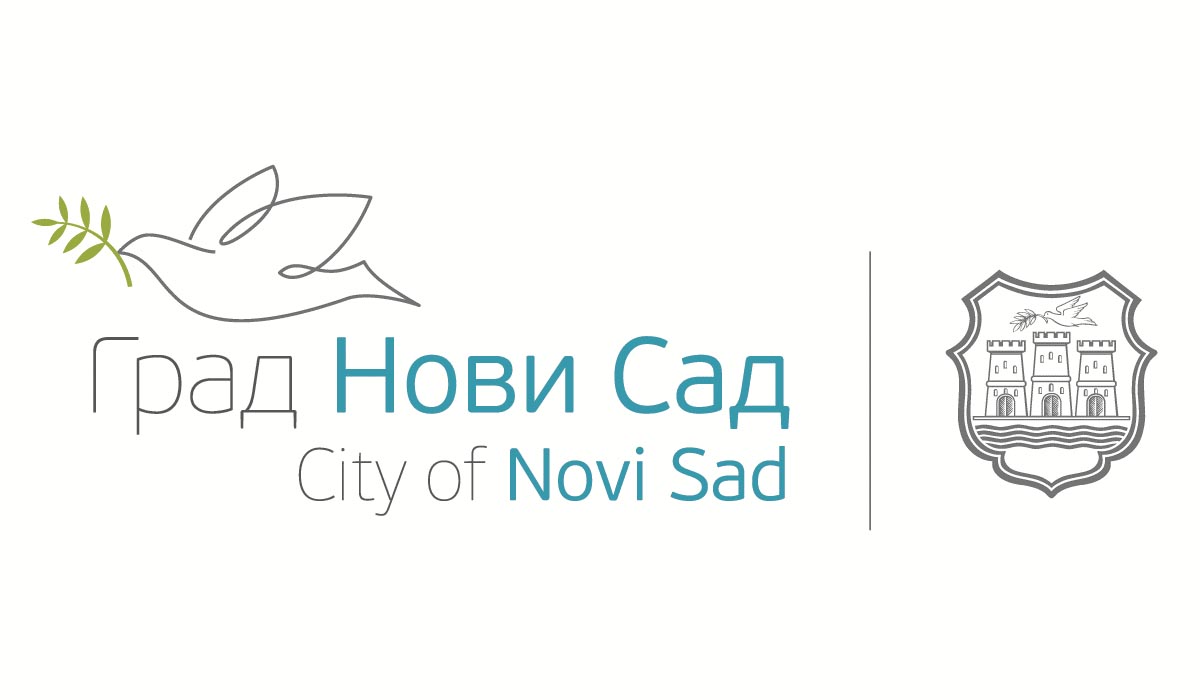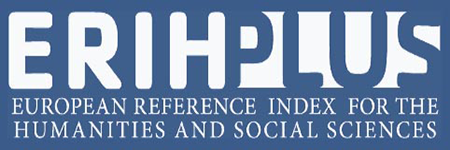THE PRODUCTION OF SPACE: A BALKAN PERSPECTIVE
DOI:
https://doi.org/10.19090/i.2021.32.222-232Keywords:
the Balkans, historical region, symbolic geography, regionalization, ‘balkanism’Abstract
The article describes the approach to and condenses some of the main arguments presented in the author’s book Beyond Balkansim: The Scholarly Politics of Region Making. It charts the main phases in the scholarly conceptualization of the Balkans and its characteristics and, against this background, tackles the question: What can we learn from the Balkan case about the actual production of regions?
Downloads
References
Antohi, S. ‘Romania and the Balkans. From geocultural bovarism to ethnic ontology’, Tr@nsit online, 21/2002. (http://www.iwm.at/index.php?option=com_content&task=view&id=63&Itemid=273)
Balkan i Balkanci. Belgrade: Izdanje Balkanskog instituta, 1937.
Braudel, F. The Mediterranean and the Mediterranean World in the Age of Philip II, vol. 2 (tr. S. Reynolds), Berkeley: University of California Press, 1995.
Budimir, M. and Skok, P. ‘But et signification des études balkaniques’, Revue internationale des études balkaniques (RIEB), 1, 1934, 1–28.
Cvijić, J. La péninsule balkanique: géographie humaine, Paris: Libraire Armand Colin, 1918.
Detrez, R. ‘Pre-national Identities in the Balkans’, in: R. Daskalov and T. Marinov (eds.), Entangled Histories of the Balkans. Vol.1: National Ideologies and Language Policies, Leiden, Boston: Brill, 2013, 13–65.
Franzinetti, G., Breuilly, J., von Hirschhausen, B., Rutar, S. and Mishkova, D. ‘Reflecting on Diana Mishkova’s ‘Beyond Balkanism. The Scholarly Politics of Region Making’’, Südosteuropa, 68(3), 2020, 432–476.
Friedman, V. ‘The Place of Balkan Linguistics in Understanding Balkan History and Balkan Modernity’, Bulletin de l’Association des études du sud-est européen, 24–25, 1994–1995, 87–94.
Gesemann, G. Heroische Lebensform: Zur Literatur und Wesenskunde der balkanischen Patriarchalität, Berlin: Wiking-Verlag, 1943.
Geyer, M. ‘Rezension zu: Budde, Gunilla; Conrad, Sebastian; Janz, Oliver (Hrsg.): Transnationale Geschichte. Themen, Tendenzen und Theorien. Göttingen 2006’, H-Soz-Kult, 11, October 2006 - https://www.hsozkult.de/publicationreview/id/rezbuecher-8227.
Iorga, N. Ce este Sud-Estul european, Bucharest: Datina Românească, 1940.
Iorga, N. Le caractère commun des institutions du Sud-Est de l’Europe, Paris: Librairie universitaire J. Gamber, 1929.
Knjiga o Balkanu, vol. 1, Beograd: Balkanski institut.
Lindstedt, J. ‘Linguistic Balkanization: Contact-Induced Change by Mutual Reinforcement’, Studieas in Slavic and General Linguistic 28 (Languages in Contact), 2000, 231–246.
Mishkova, D. Beyond Balkanism. The Scholarly Politics of Region Making, Abingdon: Routledge, 2018.
Papacostea, V. ‘Balcanologia’, Sud-Estul şi Contextul European. Bulletin al Institutului de Studii Sud-Est Europene, 6, 1996, 69–78.
Parežanin R. and Spanačević, S. ‘Der neue Balkan’, Revue internationale des études balkaniques (RIEB), 2(4), 1936, 321–332.
Radica, B. Agonija Evrope: razgovori i susreti, Beograd: Geca Kon, 1940.
Seton-Watson, R.W. Exhibition of Serbo-Croatian Artists: Meštrović, Racki, Rosandić – Programme Notes, London: Grafton Gallery, 1917.
Skok, P. and Budimir, M. ‘Destinées balkaniques’, Revue internationale des études balkaniques (RIEB), 2(4), 1936, 601–613.
Todorova, M. Imagining the Balkans, Oxford and New York, NY: Oxford University Press, 1997 (2nd ed. 2009).
Toynbee, A. J. The Western Question in Greece and Turkey. A Study in the Contact of Civilisations, London: Constable & Co, 1922.













